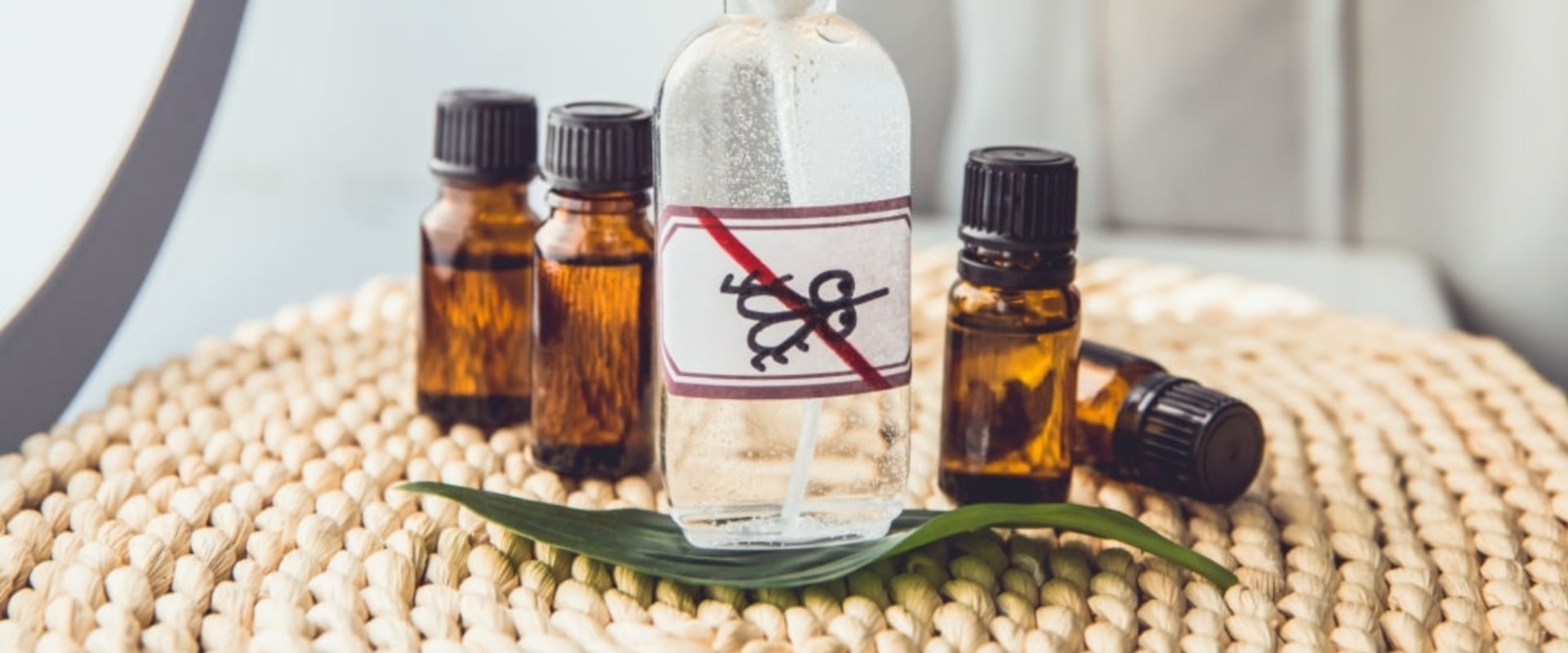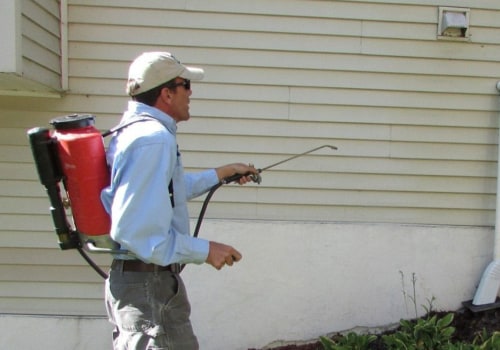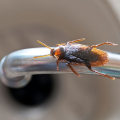Most pest control companies use pesticides called pyrethrins and pyrethroids, including permethrin. These mimic natural and organic pesticides found in chrysanthemum varieties. There are also some other chemicals that are used, but sometimes they are not as common. One of the most commonly used aerosols is boric acid.
This is known to all because it applies not only to pests, but also for other purposes. Boric acid can be in the form of granules and powder and is inexpensive. This chemical is used in aerosols, so when converted to an aerosol, it helps eliminate pests such as ants, termites, and cockroaches. Can be applied to surfaces where there are pests, making it easier to use when there are pests.
However, boric acid should be used with caution, as it may pose a danger to humans and animals. The powder tastes sweet, so children can eat it, so you should keep it out of reach. When boric acid is applied to your home, the powder is placed in areas where vermin are very active. Pyrethrins and pyrethroids are the most common pest control substances.
Chemicals in this class include the active ingredient permethrin. These substances are made to mimic botanical insecticides, specifically chrysanthemum varieties that are toxic to insects. They paralyze the attacking pest before killing the insect. Pyrethrins and pyrethroids are effective against most domestic insects and mosquitoes.
They also have applications in agriculture and pet protection. These chemicals are generally safe for humans and mammals, but are incredibly toxic to any aquatic organism. If you use this class of pesticide in your pest control business, take care to minimize any potential runoff and prevent spray from entering the water. The house was being treated for termites.
A spokesman for Terminix stated that the gas normally used for this type of fumigation is sulfuryl fluoride. According to the National Pesticide Information Center, sulfuryl fluoride is commonly used to kill beetles, bed bugs, clothes moths, cockroaches, and rodents. Before a pest control company sprays, measure the perimeter around your home to determine the right amount of chemicals needed. Companies are legally required to apply the amount indicated on an aerosol label; however, that doesn't stop an unethical exterminator from mistreating your home.
Here's Why You Should Never Spray Insect Spray in Your Own Home. A licensed pest professional understands proper pesticide management and treatment rates for target pests. Learn about pests, the chemicals that kill them, and the side effects of those substances before you try to use them in your pest control business. Although some pests are eliminated by spraying, not all pests are exterminated because vermin have adapted to the chemicals they can resist, even if they have received treatment.
Even if you manage to kill a colony, any survivor will create a new colony that could be immune to the insecticide you used, entomologist John Klotz told Southern Maryland Boys Pest Control. Go-Forth Pest Control has been helping local customers near Kernersville with pest control issues for more than 50 years. Once you need Go-Forth Pest Control, they will immediately dispatch their professional, highly trained, experienced and certified pest technicians who will perform pest control in your place. Go-Forth Pest Control Triad Area Exterminators will ensure that every time they spray your home, they will ensure that all places where pests are present are sprayed thoroughly.
Living with them will never be the same, so it's always best to have a professional like Go-Forth Pest Control take care of the different pest problems. Running a successful pest control business requires equal parts of pest control knowledge and general business knowledge. Smart pest control companies understand the wide variety of chemicals available and how they can use them to safely solve pest problems. You can apply these sprays if you only have a few pests, but if it's already an infestation, Go-Forth Pest Control should be called.
In pest control, Fipronil is used to kill certain pests such as termites, fleas, cockroaches, ants, crickets, beetles, and weevils. Also, remember that pest control chemicals can be expensive and hundreds of gallons of pesticide can be needed to do a single job. . .







